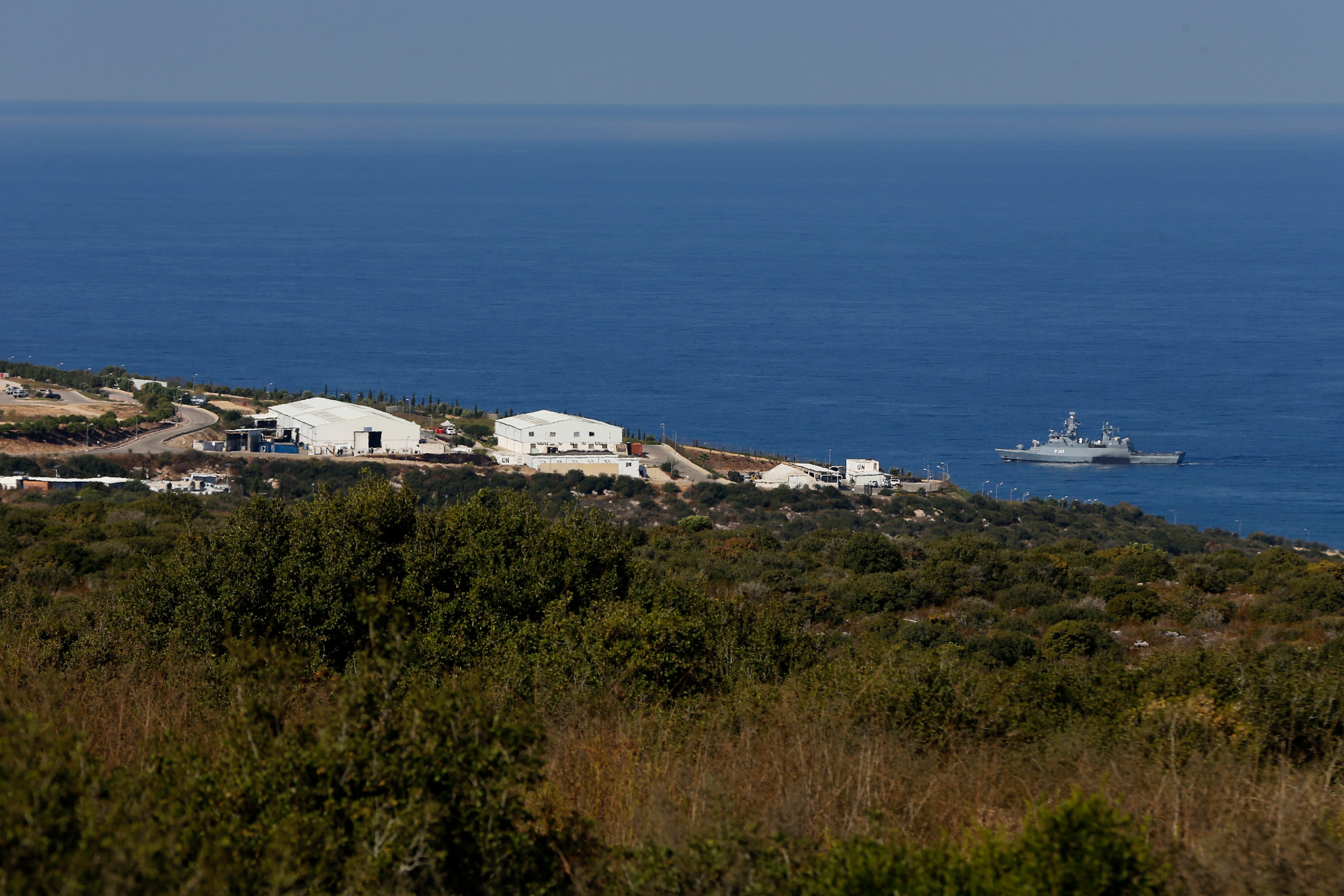US official holds Beirut meetings after Israel-Lebanon talks
Lebanon’s parliament speaker has met with a visiting U.S. official

Your support helps us to tell the story
From reproductive rights to climate change to Big Tech, The Independent is on the ground when the story is developing. Whether it's investigating the financials of Elon Musk's pro-Trump PAC or producing our latest documentary, 'The A Word', which shines a light on the American women fighting for reproductive rights, we know how important it is to parse out the facts from the messaging.
At such a critical moment in US history, we need reporters on the ground. Your donation allows us to keep sending journalists to speak to both sides of the story.
The Independent is trusted by Americans across the entire political spectrum. And unlike many other quality news outlets, we choose not to lock Americans out of our reporting and analysis with paywalls. We believe quality journalism should be available to everyone, paid for by those who can afford it.
Your support makes all the difference.Lebanon’s parliament speaker met Thursday with a visiting U.S. official, a day after Beirut began indirect negotiations with Israel over their disputed maritime border
U.S. Assistant Secretary of State for Near Eastern Affairs David Schenker, the top American diplomat for the Middle East, did not speak to reporters after his meeting with Parliament Speaker Nabih Berri.
Berri has been the main Lebanese official dealing with U.S. mediators regarding the dispute with Israel over the past decade.
On Wednesday, Schenker attended the opening session of U.S.-mediated talks between Lebanon and Israel in a U.N. compound in the border area known as Ras Naqoura. A joint statement released Wednesday by the U.S. State Department and Jan Kubis, the U.N. special coordinator for Lebanon, said the Israeli and Lebanese teams “held productive talks and reaffirmed their commitment to continue negotiations later this month.”
Israel and Lebanon have no diplomatic relations and are technically in a state of war. They each claim about 860 square kilometers (330 square miles) of the Mediterranean Sea as being within their own exclusive economic zones.
Israel has already developed a natural gas industry elsewhere in its economic waters, and Lebanon hopes oil and gas discoveries in its territorial waters will help it overcome the worst economic and financial crisis in its modern history.
Lebanon's economic crisis is the result of decades of corruption and mismanagement, but has been dramatically worsened by the coronavirus pandemic as well as a massive blast in Beirut on Aug. 4, which killed and wounded many and caused damage worth billions of dollars.
Schenker visited Beirut after the blast and met members of Lebanon's civil society. He did not hold talks with politicians at that time.
The international community has said it will not help Lebanon get out of its economic crisis before it implements major reforms, on top of fighting corruption.
President Michel Aoun was scheduled to hold binding consultations with members of parliament on Thursday to name a new prime minister, but postponed it for a week at the last minute.
A top candidate for the post was former Prime Minister Saad Hariri. He resigned in October last year, days after nationwide protests broke out demanding an end to the rule of the political class that's brought the country to the verge of bankruptcy.
On Wednesday, Hariri failed to win the backing of the two largest Christian blocs in parliament.